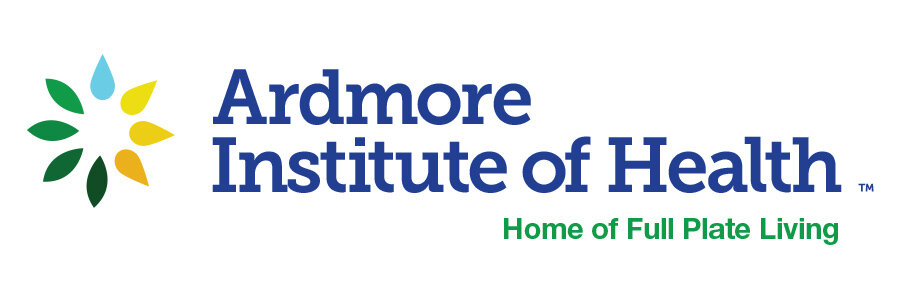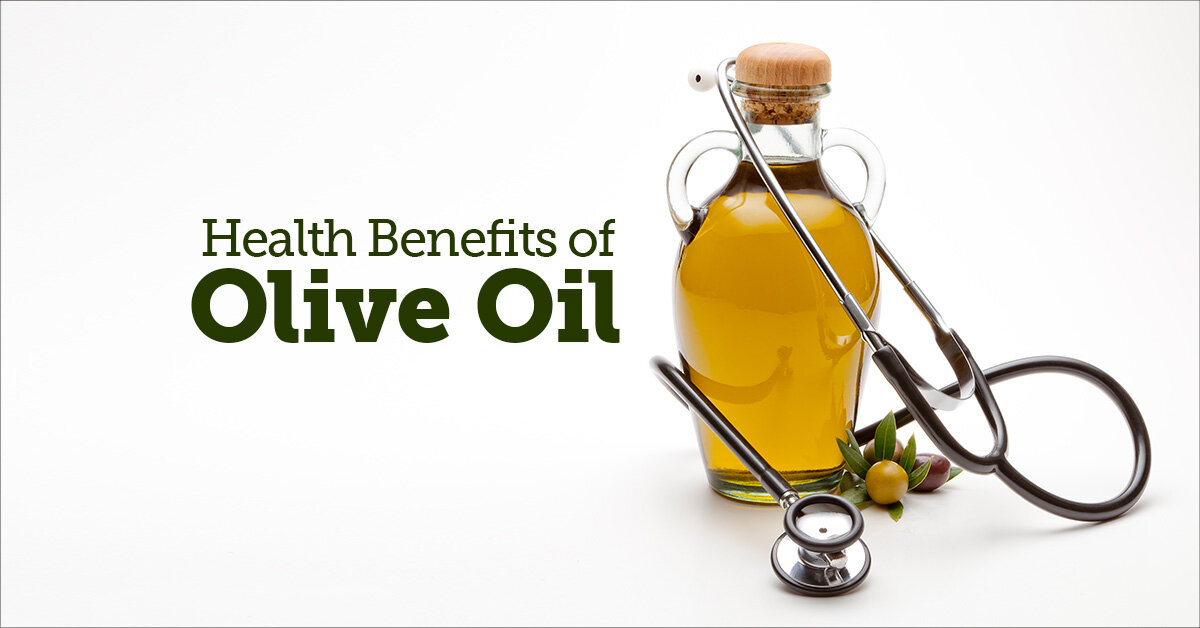Health Benefits of Olive Oil
Olive oil is a staple and the main source of fat of the traditional Mediterranean diet, which has been shown to protect against cardiovascular disease(CVD), including coronary heart disease(CHD).(1) This famous monounsaturated fat helps lower risk of CVD by improving risk factors for heart disease, including lowering LDL cholesterol, oxidative stress, inflammation and blood pressure, while improving insulin sensitivity.(2)
These evidence-based health benefits of olive oil have largely been demonstrated in European populations where the liberal use of olive oil is customary. But what about its benefit in the context of an American diet where that is not the case?
Olive oil and CVD risk in US adults
A recent study in US adults(3) found:
Those men and women who had a higher daily olive oil intake, more than 1-½ teaspoons or 7 grams a day had a reduced risk of both CHD and CVD compared to those using olive oil less than once a month.
Replacing 5 grams/day (1 teaspoon/day) of margarine, butter, mayonnaise or dairy fat with the equivalent amount of olive oil was associated with a lower risk of CHD and CVD.
Higher daily olive oil use was associated with decreased risk of dying from CVD.
Higher olive oil intake was associated with lower levels of circulating inflammatory biomarkers and a better lipid profile.
Why extra virgin olive oil is better
The heart protective effects of a traditional Mediterranean diet are due, in part, to the rich antioxidant content of its main components, one of which is extra virgin olive oil(EVOO).
EVOO is rich in polyphenols, a large group of plant compounds that act as antioxidants and have anti-inflammatory properties.(4) The mechanical extraction used in producing EVOO preserves the phenolic compounds and vitamins. Not true for refined olive oil, called “light” or “pure,” which involves additional heat and chemical processing, leaving the oil odorless, tasteless, colorless and without the health-promoting polyphenols. In fact, refined olive oil consumption does not reduce the risk of CVD as much as EVOO.(5)
Recommendations
Optimize your health, decreasing your risk of CHD and CVD, by substituting an equivalent amount of olive oil for margarine, butter, mayonnaise or dairy fat whenever possible. To maximize its antioxidant, anti-inflammatory benefits, choose EVOO.
If you are under medical supervision for any reason, please check with your doctor or other healthcare professional before following this recommendation.
References
Ros E, Martínez-González MA, Estruch R, et al. Mediterranean diet and cardiovascular health: Teachings of the PREDIMED study. Adv Nutr. 2014;5(3):330S-6S. Published 2014 May 14. doi:10.3945/an.113.005389
Martínez-González MA, Salas-Salvadó J, Estruch R, et al. Benefits of the Mediterranean Diet: Insights From the PREDIMED Study. Prog Cardiovasc Dis. 2015;58(1):50-60. doi:10.1016/j.pcad.2015.04.003
Guasch-Ferré M, Liu G, Li Y, et al. Olive Oil Consumption and Cardiovascular Risk in U.S. Adults. J Am Coll Cardiol. 2020;75(15):1729-1739. doi:10.1016/j.jacc.2020.02.036
Medina-Remón A, Casas R, Tressserra-Rimbau A, et al. Polyphenol intake from a Mediterranean diet decreases inflammatory biomarkers related to atherosclerosis: a substudy of the PREDIMED trial. Br J Clin Pharmacol. 2017;83(1):114-128. doi:10.1111/bcp.12986
Guasch-Ferré M, Hu FB, Martínez-González MA, et al. Olive oil intake and risk of cardiovascular disease and mortality in the PREDIMED Study. BMC Med. 2014;12:78. Published 2014 May 13. doi:10.1186/1741-7015-12-78

